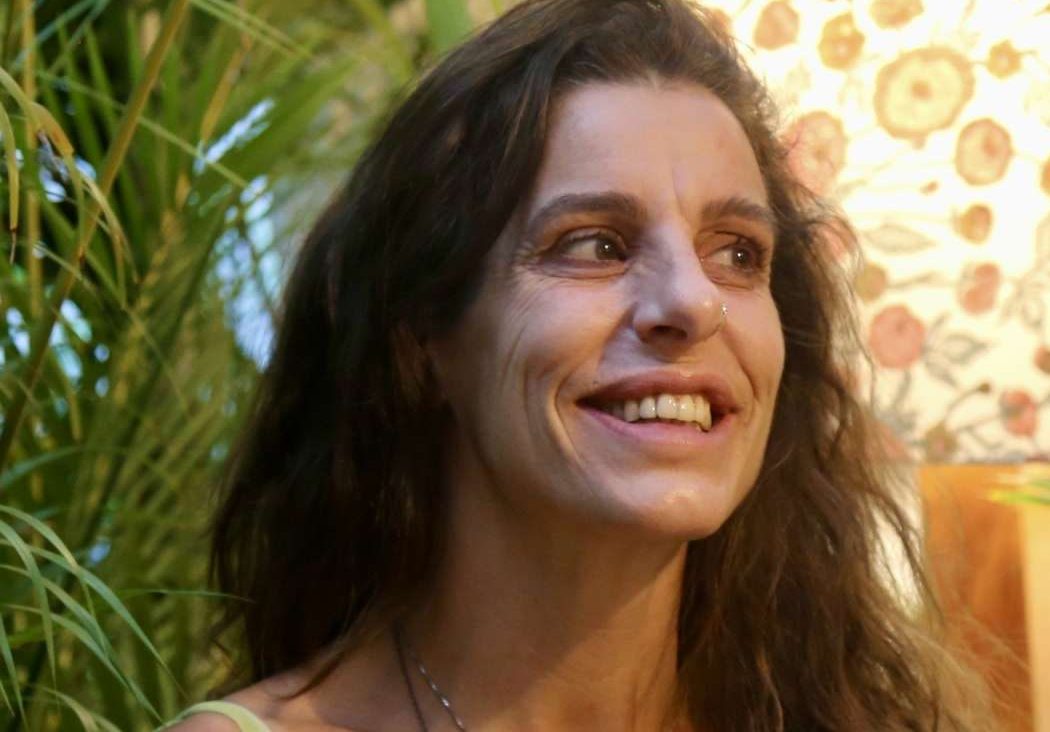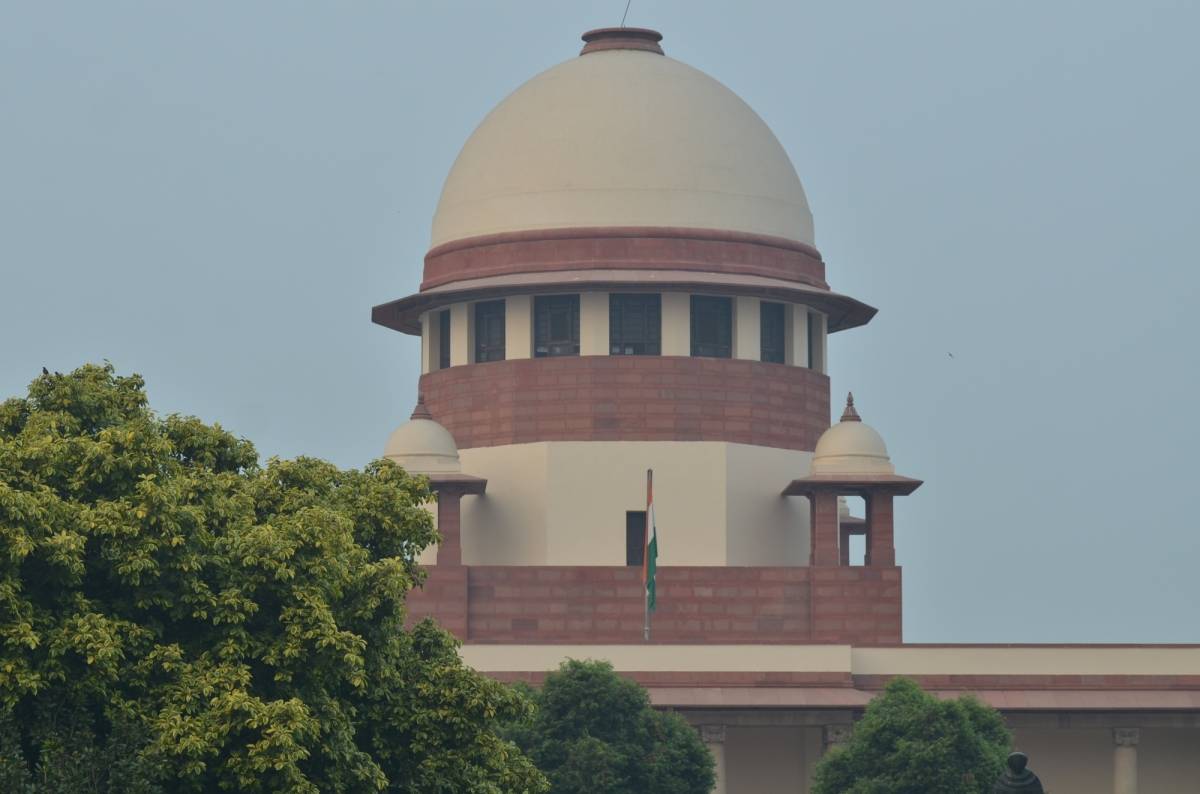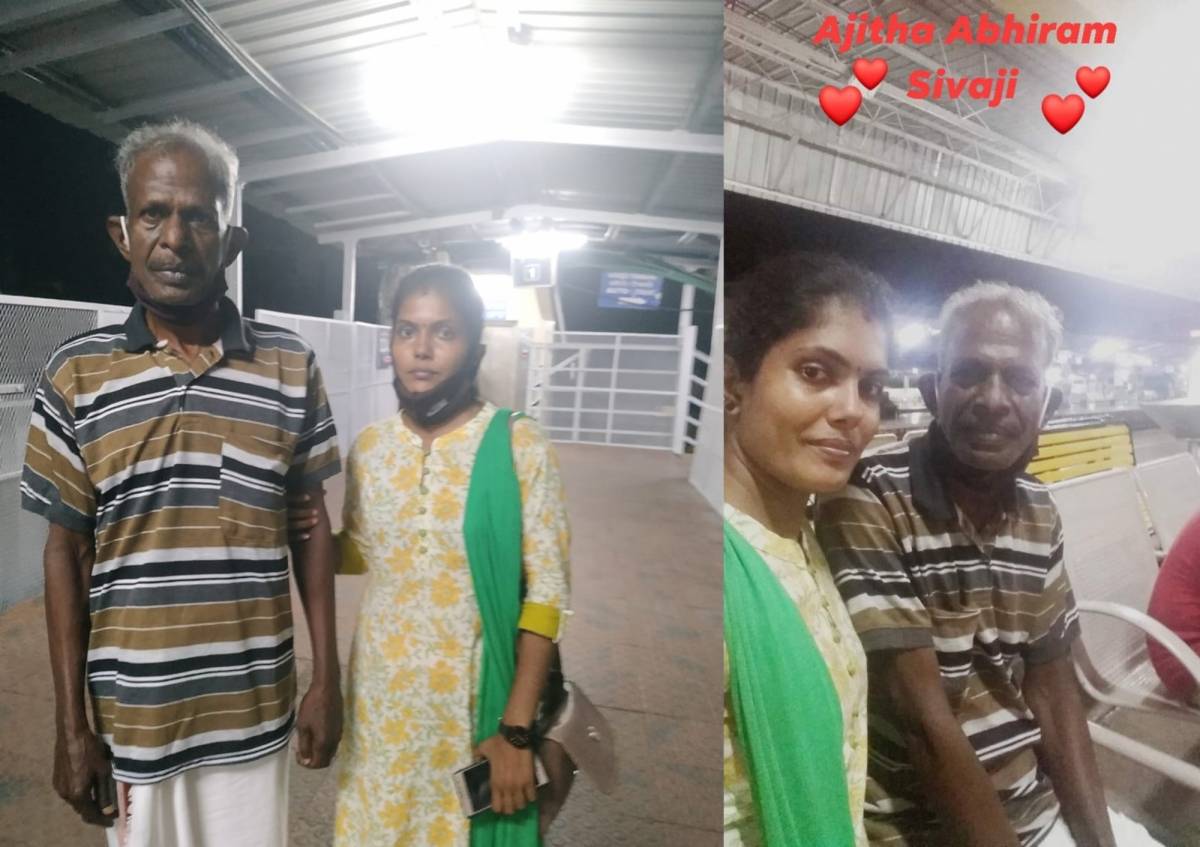Ferrier also admitted sending similarly tainted letters to eight Texas law enforcement officials…reports Asian Lite News
A US court has sentenced a Canadian woman to 22 years in jail for sending letters laced with ricin poison to former President Donald Trump when he was in office.
On Thursday, District Judge Dabney Friedrich sentenced 56-year-old Pascale Ferrier to 262 months in prison, the BBC reported.
She will be deported from the US after serving her sentence and faces supervision for life if she ever returns.
Judge Friedrich told Ferrier her actions were “potentially deadly” and “harmful to you, harmful to society, harmful to the potential victims”.
Ferrier, a dual citizen of France and Canada, told the court that she regretted that her plan had failed and that she “couldn’t stop Trump”.
In her address, she also said that she saw herself as an activist not a terrorist.
“I want to find peaceful means to achieve my goals,” Ferrier added.
The FBI found her fingerprints on the letter to Trump, which urged him to drop out of the presidential race, the BBC reported.
“I found a new name for you: ‘The Ugly Tyrant Clown’,” she wrote in the letter, according to FBI charging documents.
Ferrier also admitted sending similarly tainted letters to eight Texas law enforcement officials.
In 2019, she was detained in the state for about 10 weeks for unlawfully carrying a weapon and driving without a valid licence, and she blamed those officials for that detention, according to a US Justice Department.
Ferrier was arrested crossing the border into Buffalo, New York in September 2020. She was carrying a gun, knife and rounds of ammunition.
She later admitted to making the ricin — a poison made from the waste material left over from castor beans processing — at her Quebec home, and placing it into an envelope with the letter.
She had agreed to the sentence in January after pleading guilty to biological weapons charges, reports the BBC.
There is no known antidote to ricin.
Depending on the dose, it can cause death within 36 to 72 hours, according to the US Centers for Disease Control and Prevention.
In 2014, a Mississippi man was sentenced to 25 years in prison after sending ricin laced letters to then President Barack Obama and other officials.
ALSO READ-Canadian army rescues hundreds amid unprecedented wildfires







